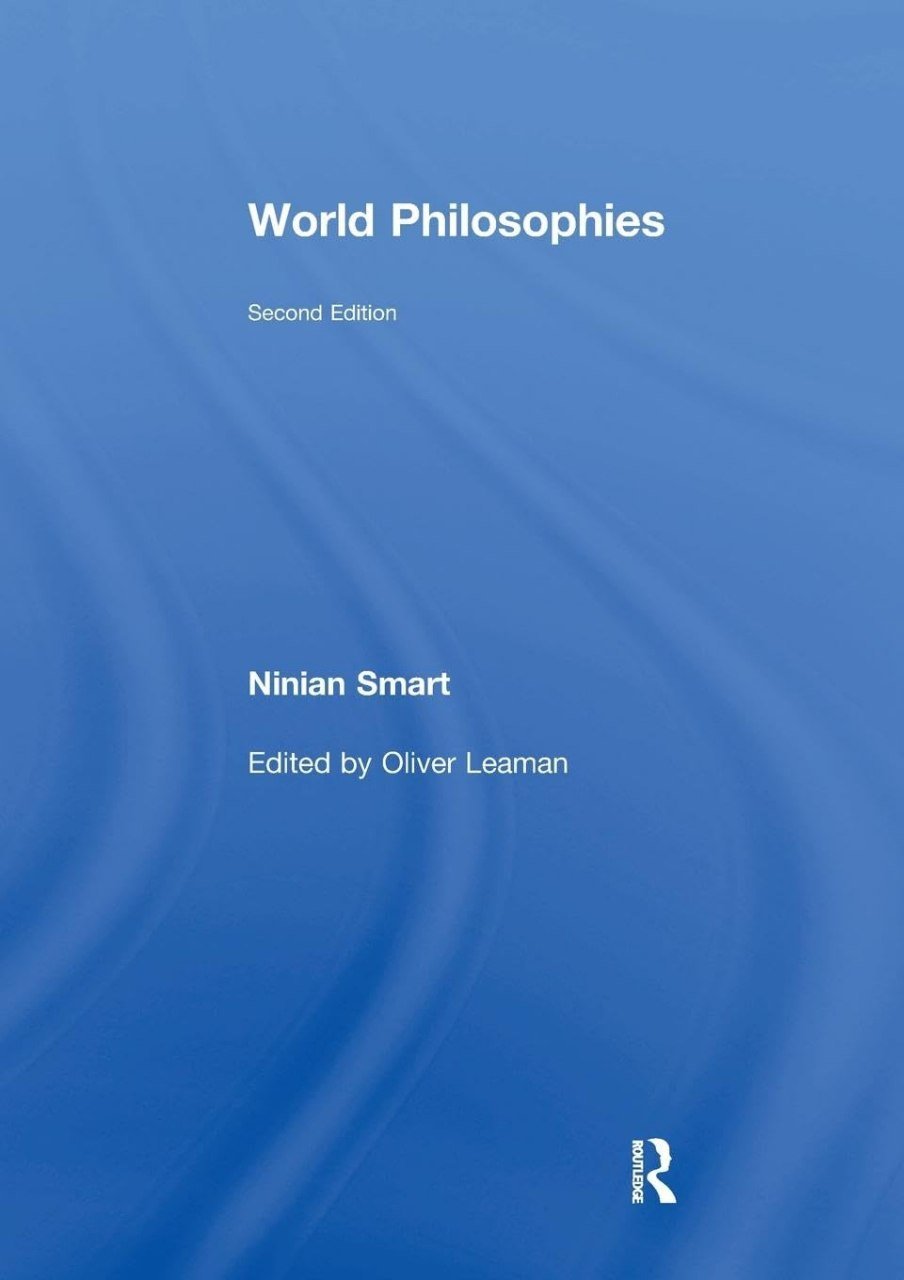

The Routledge Handbook of Ecolinguistics
Reviews
No review yet. Be the first to review this book!
Description
The Routledge Handbook of Ecolinguistics, edited by Alwin F. Fill and Hermine Penz, is a comprehensive and interdisciplinary collection that explores the growing field of ecolinguistics, which studies the relationship between language and the environment. Published in 2018, this handbook brings together contributions from leading scholars in the field to examine how language shapes our understanding of ecological issues, influences environmental policies, and contributes to the global conversation on sustainability. Ecolinguistics, as explored in this volume, is concerned with how language reflects, reinforces, or challenges environmental attitudes and practices. The book delves into the ways that linguistic structures, discourse, and communication strategies can either promote or hinder ecological awareness and sustainable behaviors. It also considers how languages and cultures represent nature and the environment, analyzing the linguistic patterns and metaphors that shape our perceptions of the natural world. The Handbook is divided into several key sections that cover various aspects of ecolinguistics, including theoretical foundations, methodological approaches, and practical applications. It explores the relationship between language and ecological systems, the role of language in environmental advocacy, and the impact of language on ecological movements and environmental education. Contributions also address the intersection of language, power, and environmental justice, looking at how language can be used to either marginalize or empower communities in the context of environmental change. In addition to addressing the theoretical and philosophical underpinnings of ecolinguistics, the volume also provides concrete examples and case studies from around the world, showing how ecolinguistics can be applied to real-world environmental issues. From the language of climate change to the linguistic diversity of indigenous communities and their relationship with the environment, the book offers a wide range of perspectives on the ways language interacts with ecological and environmental concerns. Overall, The Routledge Handbook of Ecolinguistics is an essential resource for students, scholars, and practitioners interested in the intersection of language, culture, and the environment. It provides valuable insights into how language can play a pivotal role in shaping environmental attitudes and actions, making it a crucial reference for those exploring the complex relationship between linguistic practices and ecological sustainability.






















.jpg)


.jpeg)
.jpg)


.jpg)

.jpeg)



.jpeg)






.jpg)









.jpg)

.jpg)







.jpeg)










.jpg)




.jpg)
.png)



.jpeg)























































